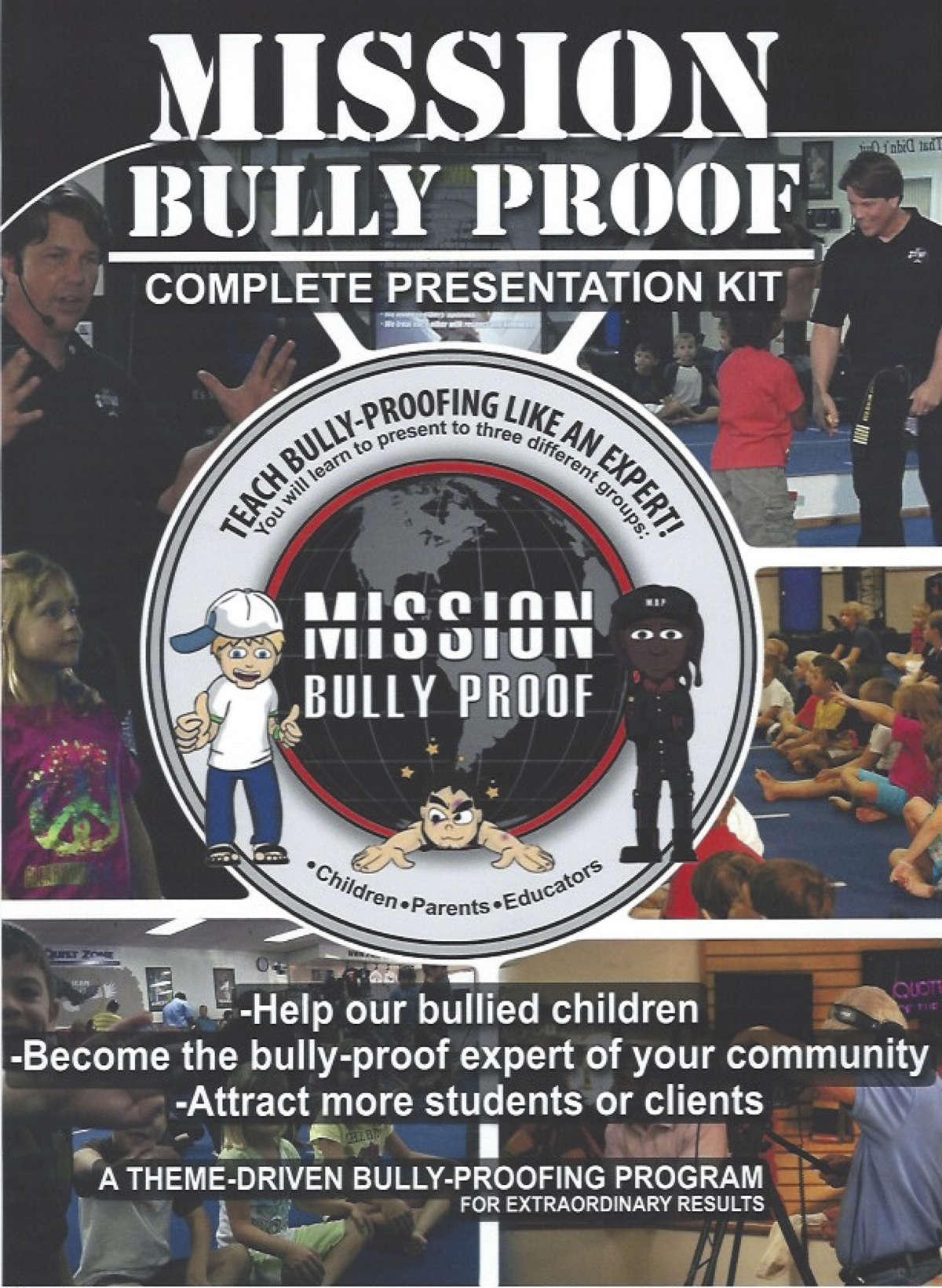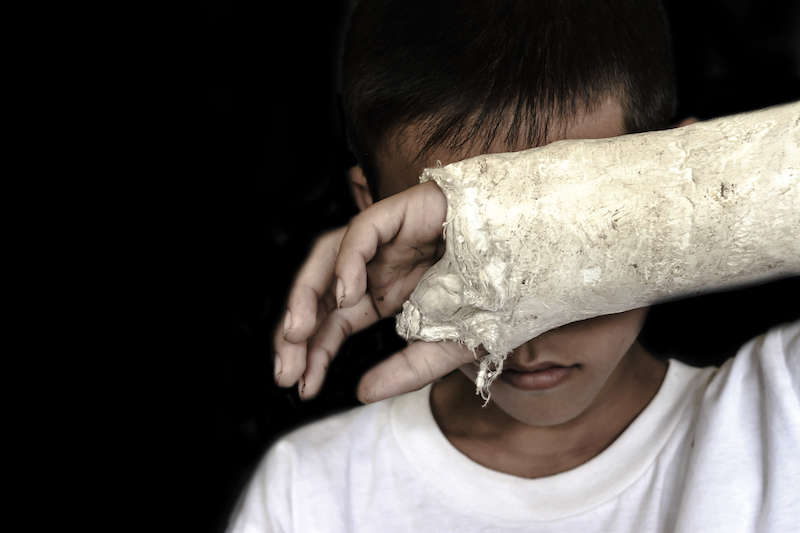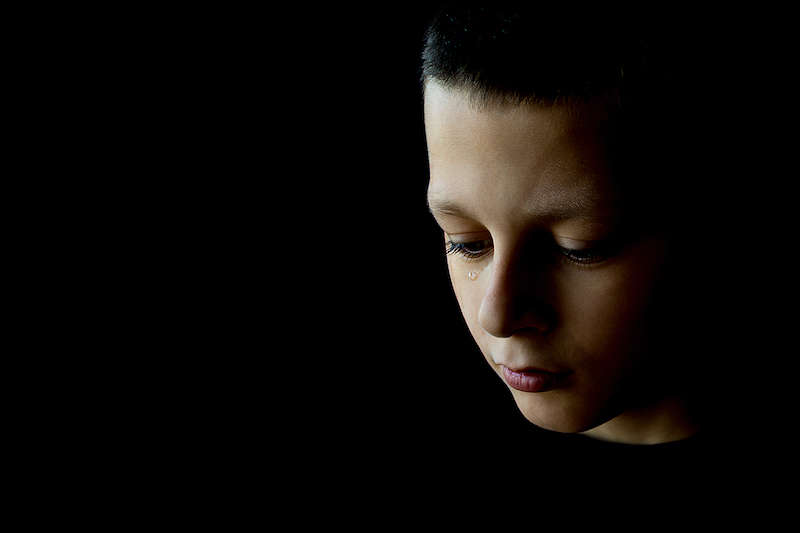A THEME-DRIVEN BULLY-PROOFING PROGRAM
FOR EXTRAORDINARY RESULTS!

WHAT IS "THEME-DRIVEN" TEACHING?
Children are constantly bombarded with education, rules and safety information.
Unfortunately, but understandably many times kids will lose focus and tune it all out.
It only makes sense that if you take the valuable information and convey it in a way that truly engages the child, they will learn and retain it much better.
By utilizing a theme, such as fantasy adventure (think Harry Potter) or Mission Impossible, you can teach by exciting the audience, creating challenges and rewards and even using mentor figures that inspire the child to learn.
The results are powerful.
Unfortunately, but understandably many times kids will lose focus and tune it all out.
It only makes sense that if you take the valuable information and convey it in a way that truly engages the child, they will learn and retain it much better.
By utilizing a theme, such as fantasy adventure (think Harry Potter) or Mission Impossible, you can teach by exciting the audience, creating challenges and rewards and even using mentor figures that inspire the child to learn.
The results are powerful.
"Empathy is so extremely important, Not enough people have it. Teaching children what it is and how to use it would really suppress a lot of the bullying going on. I hope the schools and a lot of clubs really take advantage of the Mission Bully Proof program." - T.M Clemens, parent
"I loved the program. I especially like that it was complete. It wasn't just the physical dealing with a bully or the symptoms. It was also getting at the underlying cause and how to use not being an observer & denying the bully an audience. It addressed what the bully is feeling. I think this program is very valuable for my young daughter and to me as a parent." - R. Sheahan, parent
EYE-OPENING STATISTICS
- 1 out of 4 kids is bullied.
- 43% fear harassment in the bathroom at school.
- Each day 160,000 students in the US miss school for fear of being bullied.
- 100,000 students carry a gun to school.
- More youth violence occurs on school grounds as opposed to on the way to school.
- Playground school bullying statistics - Every 7 minutes a child is bullied. Adult intervention - 4%, Peer intervention - 11%, No intervention - 85%.
- Teenagers say revenge is the strongest motivation for school shootings.
- 61% said students shoot others because they have been victims of physical abuse at home.
- 54% said witnessing physical abuse at home can lead to violence in school.
- On average, a school with a population of 800 teenagers, 20 of them are at a "HIGH RISK" to commit a school shooting.
THE MISSION BULLY PROOF "7 CHALLENGES"
1. Defining violence/abuse, respect & bullying
2. Conflict Resolution
3. Recognizing feelings
4. Anger control
5. Being assertive.
6. Bully confrontations
7. Don't be a bystander
2. Conflict Resolution
3. Recognizing feelings
4. Anger control
5. Being assertive.
6. Bully confrontations
7. Don't be a bystander
Some General Bully-Proofing Information For You.
How do we bully-proof our kids?

Is it the schools' responsibility or does it start at home?
Many parents believe it is the school's responsibility to keep their children safe from bullies. I believe it is true that schools should establish an environment that discourages bullying behavior and safety precautions should be in place, such as strategic monitoring of areas, like bathrooms, hallways, locker rooms, etc. I mean, bullies don't usually perform acts right in front of authority figures, right?
But, why do some kids become bullies and others become "bully targets?" Yet others do not become either.
But, why do some kids become bullies and others become "bully targets?" Yet others do not become either.
What kind of family do you have?
Bullying behavior is a "learned behavior." Isn't it a way for these individuals to cope with some sort of inadequacy, insecurity, loss of control or fear? Somehow, some way a "bully in the making" has witnessed someone else demonstrating a bully behavior and getting what they think are favorable results. Bingo...learned behavior.
As parents, what are we demonstrating to our children when we may feel insecure or at a loss of control???
Are you one of those families where the parent always swoops in to rescue the child? Sure, we always want to protect our children from danger or bad mistakes, but don't we also want them to become confident and accountable n their own decisions and actions?
As parents, what are we demonstrating to our children when we may feel insecure or at a loss of control???
Are you one of those families where the parent always swoops in to rescue the child? Sure, we always want to protect our children from danger or bad mistakes, but don't we also want them to become confident and accountable n their own decisions and actions?
It certainly is a balancing act...
Remember, I grew up as a shy kid and I learned firsthand that mom, dad, teachers, the police are not always going to be there to protect you. How can they? We and our children need to have the skills and confidence to defend ourselves, whether it's an ordinary verbal debate with someone or an all-out physical attack.
How do we raise our children is a huge factor on how they will react to adversity in their lives. So...
Let's raise them to:
How do we raise our children is a huge factor on how they will react to adversity in their lives. So...
Let's raise them to:
- Be confident and believe in themselves.
- Be trustworthy.
- Know they are cared for and listened to.
- Know they are important.
- Be optimistic.
- Be generous.
- Be determined.
- Want to "do good for others."

What are the kinds of bullying?
- Physical
- Verbal
- Social
Some warning signs...
- An abrupt lack of interest in school or refusal to go.
- A sudden drop in grades.
- Unusually hungry after school.
- Goes to the bathroom immediately after school. (afraid to go at school.)
- Derogatory and demeaning language about peers.
- Torn clothing and physical injuries.
- Stomach aches, anxiety attacks, etc.

Why you child usually won't tell you.
- Ashamed.
- Afraid of retaliation.
- "Nobody can help."
- "Nobody will help."
- "It's part of growing up?" (adults do it too.)
- Ratting on a classmate is bad and not cool.
How can you approach your child?
First, stay calm.
Ask:
Ask:
- Who was involved?
- What was said and done to you?
- Who was around? What did they say or do?
- When did it happen?
- Where did it happen?
- What did you do back?
- Did you tell anyone? What did they do?
- How long has this been going on?
- Document everything.
Do Not:
- Minimize the bully's behavior.
- Rush in to solve the problem.
- Tell your child to avoid the bully by running or hiding. (Bullies smell fear and it only prolongs the hurt)
- Tell your child to "Fight Back!" (defend themselves and be assertive, yes)
- Confront the bully or the bully's parents alone.
Telling your child to "Fight Back" promotes violence and actually can escalate the situation into involving weapons and multiple attackers. Make sure your child knows they are not in this alone. Telling your child to ignore the bully might work, but also might escalate the bully's behavior.
Role-Playing with your child.
"Learning to use those words"
Kids Should:
Kids Should:
- Not get defensive.
- Not retaliate.
- Not be afraid to share the situation with their parents.
- Know they are not alone.
- Try to stay calm and not get visibly upset.
- Try not to be alone.
- Be careful who they give their phone number and e-mail to.
- Practice not looking like an "easy target."
- Practicing looking, walking and talking like a confident person. (body language, eye contact and tone of voice.)
- Not let the bully's words make them feel bad. (Practice positive self-talk)
- Not argue with the bully.
- Practice verbal diversions.
- Hang out in groups.
- Not expect to be mistreated.
- Stay optimistic.
- Accept fear as a challenge.
- Consider training in a reality-based personal protection system. (Build confidence by building skills.)
- Physical responses may become necessary, but as a last resort.
What can witnesses do?
Do not stand and watch the mistreatment (Bullies want an audience).
Tell the bully how everyone has something different about them..
Refuse to laugh, be a "peace-maker" instead.
Don't spread gossip.
Invite the victim to be a part of your group.
BE A LEADER and encourage friends to not accept bullying.
Tell the bully how everyone has something different about them..
Refuse to laugh, be a "peace-maker" instead.
Don't spread gossip.
Invite the victim to be a part of your group.
BE A LEADER and encourage friends to not accept bullying.
Cyber Rules
Never give personal contact info without a parent's permission.
Never give out passwords except to parents.
Remember that the world is reading everything you say and you can't take it back.
Follow the "Golden Rule" on line.
Immediately report any hurtful comments or threats to parents (authorities).
Do not participate in gossip.
Never upload or download pictures or videos with out a parent's permission.
Never give out passwords except to parents.
Remember that the world is reading everything you say and you can't take it back.
Follow the "Golden Rule" on line.
Immediately report any hurtful comments or threats to parents (authorities).
Do not participate in gossip.
Never upload or download pictures or videos with out a parent's permission.
